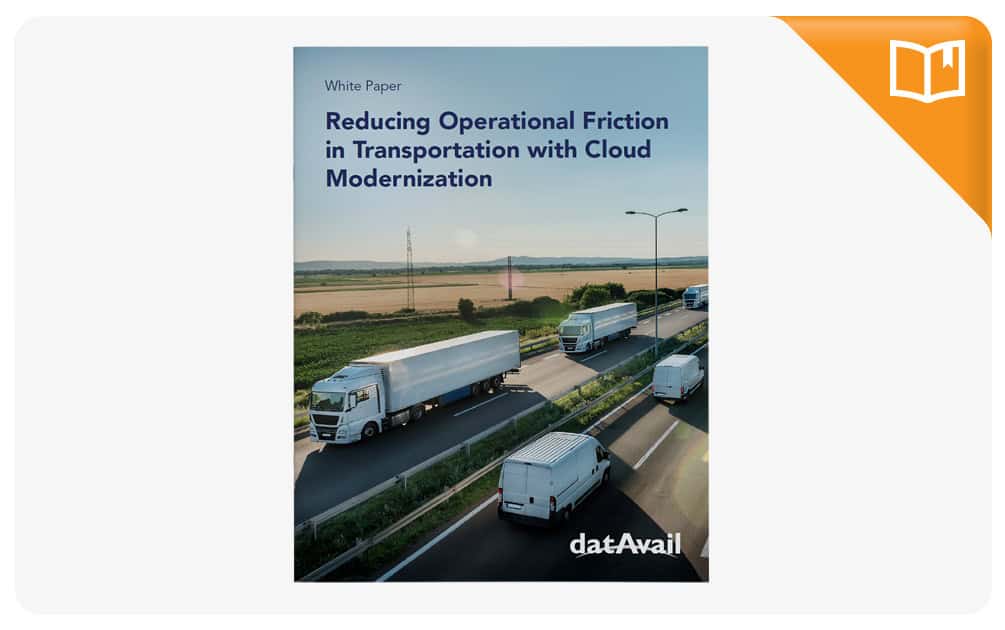The Intersection of Upgrades and Migration for E-Business Suite: Choosing the Right Path
Author: Mahesh Vanapalli | 9 min read | June 7, 2022
Are you expanding your business? Is saving costs the right option for you? If you are at a juncture and need to decide whether to upgrade your current E-Business Suite or move to the Cloud, this article is for you. We have done a detailed analysis to help you make an informed decision for your organization’s success.
If you belong to the on-premises ERP era, you will know that Oracle’s flagship, E-Business Suite application has always been the top choice amongst organizations very well considered a proven and highly trusted ERP system. It topped the list for a very long time due to the ease of customizations and flexibility offered by E-Business Suite., With the constant development of on-premises ERP in the last few years, Oracle ERP Cloud became the top seed, especially for companies that want to scale growth. Ever since the first Oracle Fusion Cloud became the forerunner to the modern Cloud transformation, it has empowered operations and finance to constantly innovate with more than a 50% lower cost than on-premises ERP.
So which way to go? Let us review the options available for your organization:
Option 1: Stay as-is
Stay on your current Oracle EBS version. Since it is on-premises, you will not have access to any new tools or capabilities. With Oracle’s pledge to make continuous innovation to their flagship EBS, they have launched the latest EBS 12.2 version to help you with maximum automation, and customizations and are more robust. This might not prove to be an ideal solution for your business considering the lower Total Cost of Ownership associated with an on-premises product.
Option 2: Upgrade to a higher version
If you consider upgrading to a higher version of Oracle EBS, do account for the additional cost along with the maintenance cost. Plus, you need to have a thorough change management strategy in place along with hardware and OS upgrade. Back in 2005, Oracle concentrated its efforts to build Fusion application being dedicated to Applications Unlimited. But this did not resonate with the E-Business Suite customers due to which Oracle continued Its innovation and upliftment efforts around the EBS world. The latest EBS release 12.2.10 comes with a better GUI, Application password change routine, online patching, WebLogic server, enterprise command centres, end-to-end process of the lease, etc. While this option can help you reap the benefits of exceptional functionalities available at your disposal, additional spend on future upgrades and maintenance is required.
Option 3: Lift and Shift to OCI
You might want to consider the lift and shift of your current EBS to IaaS but know that you still won’t be able to leverage the power of Cloud applications that enables a smooth operational experience. Lift and Shift is a technical two-step upgrade process, first moving to Cloud Infrastructure (IaaS) and then to Application Cloud (SaaS). But many CXOs and decision-makers are making a choice to take one step directly to the cloud as the first of managing resource-intensive infrastructure may not help you to reap the actual business benefits to the cloud.
Option 4: Migrate to Oracle Cloud
With lower cost and low maintenance, you can have an agile system in place with increased operational efficiencies.
Should you stick to your current Oracle EBS?
Although Oracle ERP is promising, the number of businesses stuck around with Oracle EBS has been significant. That’s because Oracle recently made a historic announcement on their EBS roadmap, where they have guaranteed to offer premier support until 2030. They have also promised continuous innovation for R12.2 of the product. So, before you consider moving to Oracle ERP, pause and ask yourself if you’re using the EBS to its full potential. If you have implemented your Oracle EBS more than a decade ago, ask yourself the following questions:
- Are you using the new features? If you’re not on R12.2, then you might be missing out on the latest features.
- Are your team aware of all the features? To get the most out of your EBS functionalities, ensure your employees know all the features. If not, time to invest in their knowledge.
Understand your current EBS and the capabilities enabled. Is there a scope to leverage?
- Stick to the current release: Migration involves cost. Staying on your recent EBS release will save you almost 50% of your annual maintenance and product support costs. However, know that you won’t be able to use new features and functionalities a few years down the line with this approach.
- Upgrade to R12.2: While you think you still need time to decide if you want to migrate to Cloud, you can choose to upgrade to R12.2.
- Co-exist: You may also want to co-exist, so build your SaaS module discretely while still being on EBS. This will allow you to reap benefits from your EBS investment while tasting the SaaS water before making a complete move.
Four reasons why you should consider moving from EBS to Cloud
- One-stop solution for all: A complete ERP solution with a comparatively low ownership cost compared to EBS with a single source of truth for data. Its integrated yet modular architecture enables you to deploy what you need for your business at that moment.
- Automation tools to bring in agility: The Oracle ERP enables you to automate most of your repetitive work, so your team frees up for spending time on more strategic work.
- AI tools for faster response: Built-in AI and ML tools, along with prescriptive analytics, help you work smarter and faster.
- A modern Cloud platform: The ERP Cloud gives you a modern user experience. You receive automatic quarterly updates, so your IT team is free for other critical tasks. It also offers real-time reporting and many other benefits that are not possible with on-premises EBS.
Migrating to the Cloud — What’s in it for you?
- You will be in a better position to respond to market changes
- Increased bottom line as IT maintenance and infrastructure cost is lowered
- Scale easily
- Promotes collaboration
- Your remote teams will be happy as they can access it from anywhere
- You don’t need to spend time or resources on installing updates, all of it happens automatically.
Oracle Cloud – Making the right choice
Oracle Cloud ERP was named the leader in the 2021 Magic Quadrant for Cloud Core Financial Management Suites for Midsize, Large and Global Enterprise for the fifth year in a row. Forbes contributor and AR Insights Power 100 analyst Patrick Moorhead has also recognized Oracle ERP Cloud as a hot product, and we believe that’s enough for you to consider migration to the Oracle ERP.
So, if you have been using excel or any other non-EBS application, then moving to Oracle ERP can be an intelligent choice. The Cloud suite continues to grow as Oracle is making most of its investments for innovations and new tech. Plus, it has all the features that you will need to scale up your business without breaking your bank and lower infrastructure management.
Final thoughts
Whether you want to upgrade your EBS application or want to migrate to Cloud ERP is a decision that you and your stakeholders need to determine for your business’s future excellence, after all, it’s your business. Remember, your ERP goal should always be aligned with your business goal. For example, if you want to focus on cost, EBS might be a better option, but if you’re going to scale your business faster to react to the evolving market, Oracle Cloud ERP might be the right choice for you. We have encountered companies that see cloud SaaS as a strategic long-term objective for the business. Despite having many Oracle EBS applications and layers of customizations on top of it, there is enough value in the cloud to make it worth the investment to change internal configurations and processes.
One of our recent presentations we have helped our customers analyze what is the right decision for your business, to learn more about it, download the presentation – “Intersections of Migrations and Upgrades for EBS- Make the right choice”. We have helped numerous organizations to understand of the above-listed options are an optimum solution for them. If you’re looking for a reliable ERP/ Cloud managed service partner, you can contact our team of cloud migration experts today for a chat about your unique business needs and objectives.


